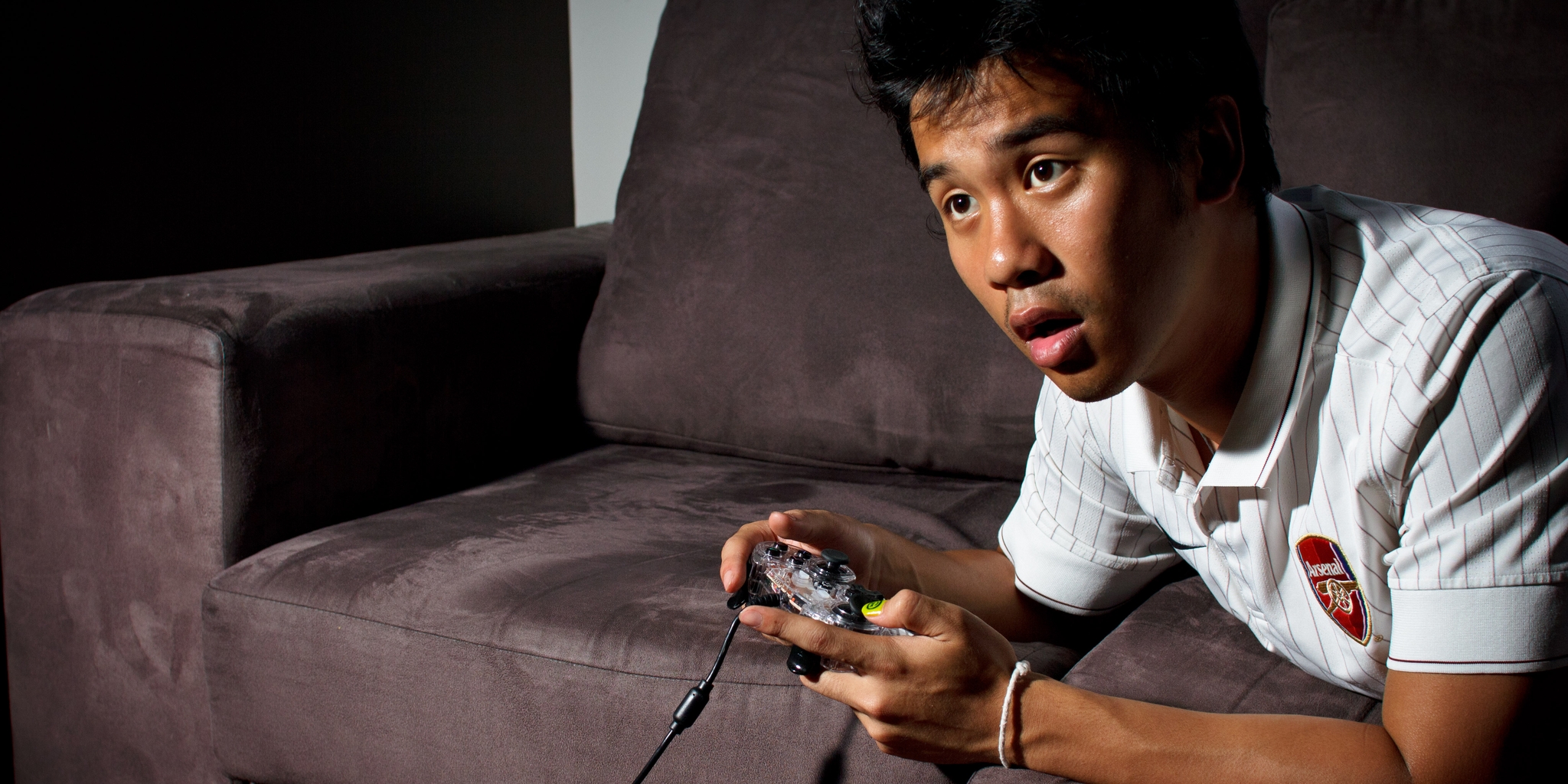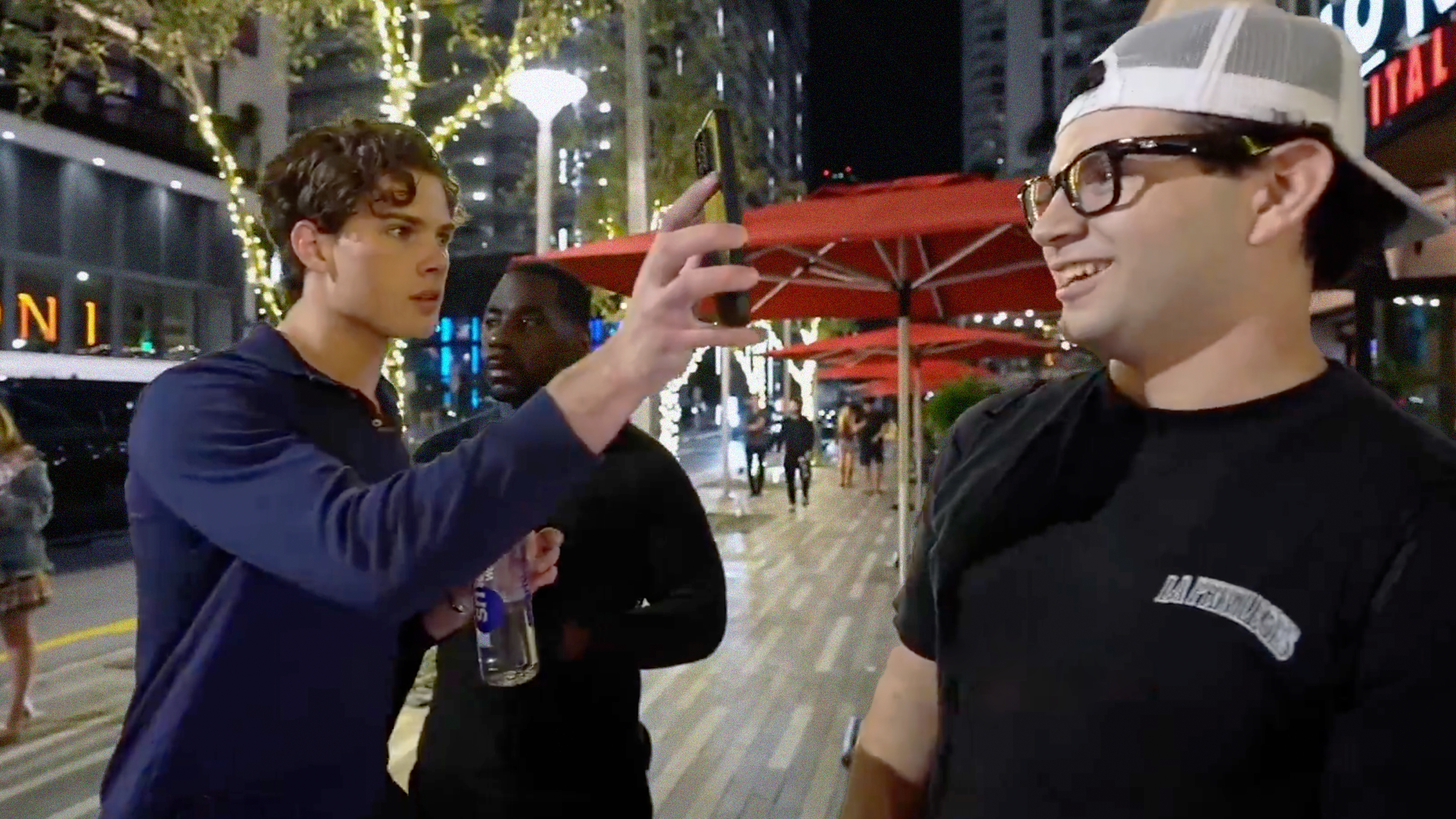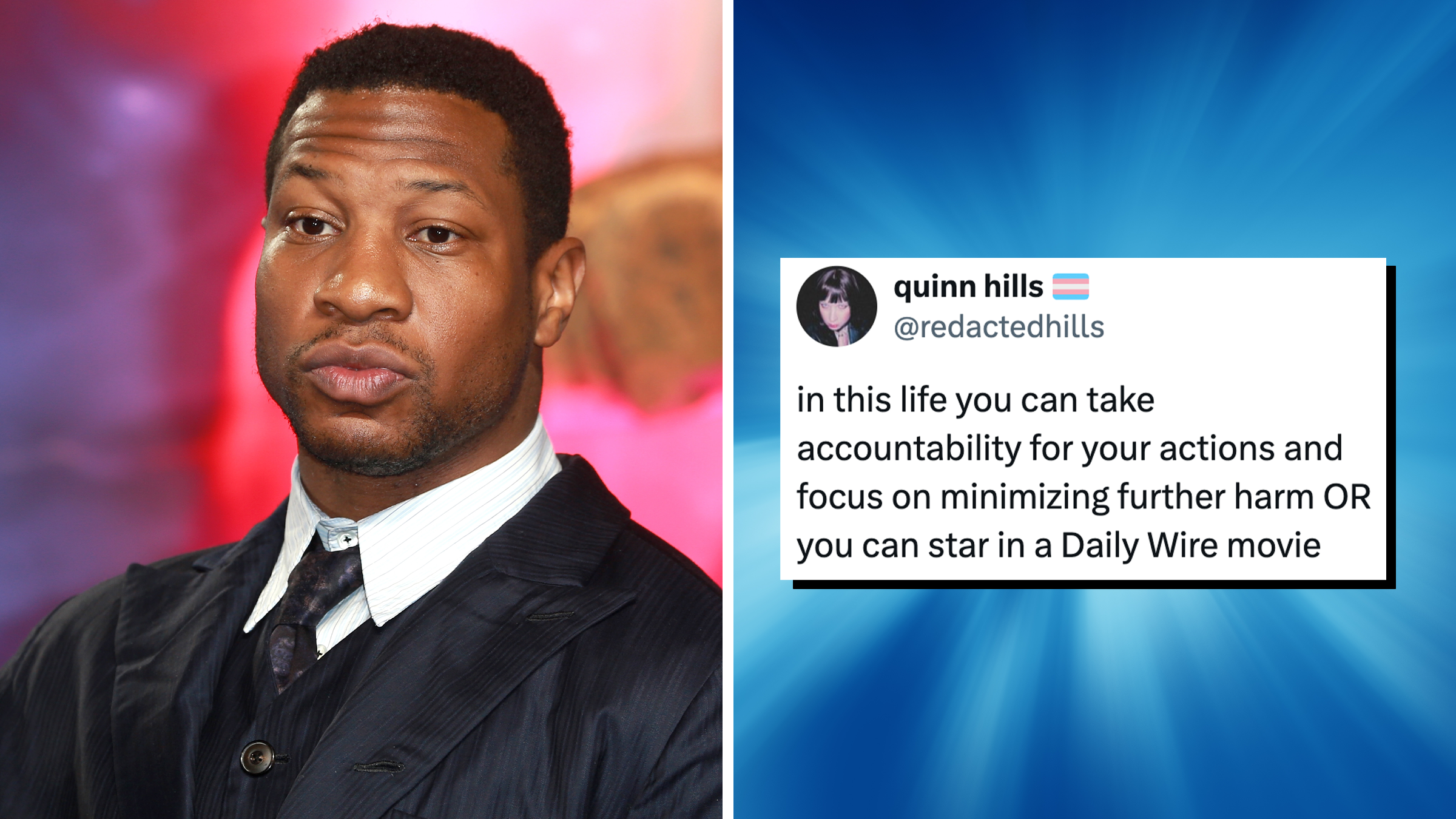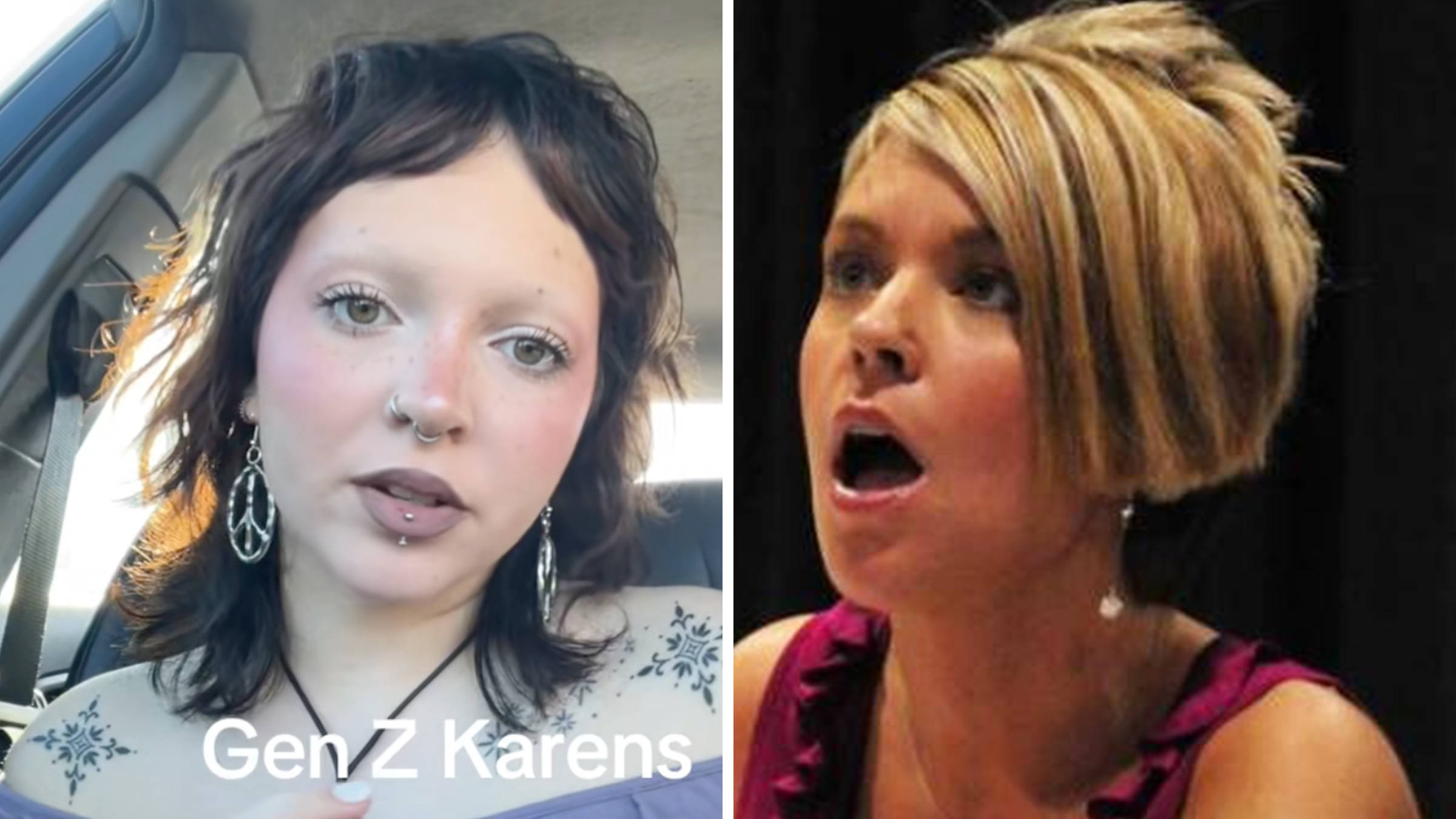Whether it’s a listicle of all the times D.W. was the “realest bitch who ever lived” on Arthur or news breaks of cast reunions from shows such as That’s So Raven, there’s no question that the Internet spoon-feeds nostalgia for 20-somethings. It always comes with a hearty laugh and a heartwarming trip down memory lane, where one remembers where they were and what life was like during their childhood. Typically, those formative years recall a simpler time, an experience of joy and wonder absent the responsibilities and struggles of adulthood.
There’s a reason millennials relish in those simple comforts that arouse feeling of childlike curiosity and longing. According to a new report, most people now say that they don’t feel that they’re adults, on average, until the age of 29. Most said that buying a home, having kids, marriage, having a pension, and life insurance made them feel like adults—whereas items such as financial reliance on parents, living in their parents’ home, computer games, kids movies, and cartoons made them feel like kids.
If there’s anyone who knows the struggle is real, and may miss those halcyon days, it’s the generation that’s been slowly, steadily emerging from college into a relatively tepid job market since the 2008 economic downturn. Unlike their parents, most 20- and 30-somethings live in precarious financial conditions, and many hold out hope that they’ll have something to show for all their hard work (even if young people are routinely accused of being disengaged, apolitical, and entitled).
The study noted that “‘Growing up’ is seen by most Americans to include a supervisory job with a career path, an advanced degree (with student loans paid off), getting married, and having children.”
It’s awfully hard to feel as though you’re independent, even as a legal adult, when the economy and the attached financial system offers no easy pathway to independence.
But how can any young person in America feel as though they’ve finally grown up when they’re saddled in student debt, under- or unemployed, and have no financial base to start a family if they so choose? It’s awfully hard to feel as though you’re independent, even as a legal adult, when the economy and the attached financial system offers no easy pathway to independence.
As my colleague Nico Lang recently wrote, even with a master’s degree and a full-time supervisory job—things that would make most people his age feel like an adult—he had no choice to apply for food assistance because of burdensome student loan payments. “I remember the first time I saw my full student loan balance last year, buried at the bottom of a credit report. At first, my eyes brushed right past it, not realizing what it was,” he noted of the $100,000-plus total, “but my brain began to slowly process that number, as the gravity of what I was looking at finally sunk in. It read like a death sentence.”
Other young people tried as hard as they could, but struck out, with no recourse but to move back in with parents. In an essay for the Daily Dot, Brianna Cox wrote that after earning a master’s degree and getting married, she returned to the nest because of a bad job market, student loan bills, and the impossibly high cost of living in New York City. As she noted, a study from Pew Research Center found that 30 percent of adults from ages 18 to 34 live at home with their parents or other relatives—and remain beleaguered by the declining opportunities for independent living, even with an improving labor market.
It’s how young people manage to get through the rough times, smiling and laughing as much as they can, while engaging those things that recall idyllic moments.
It’s as though there’s a forced state of arrested development beset on young people, who are skilled, eager, and ready to advance in life, yet continue getting knocked down. And until there’s room to get back up, developing coping mechanisms are key, especially the kinds that don’t cost a ton of money—like a vacation or expensive nights on the town.
That’s why those old cartoons, video games, TV reruns, and 90’s-driven online content is much more than entertainment. It’s how young people manage to cope with a prolonged adolescence, even while we were promised the burgeoning comforts of adulthood. Many of us were told that we could be whoever and whatever we wanted to be, with hard work. We believed it and then life proved us wrong.
But who’s to say we can’t unite in our shared struggle to thrive by enjoying many of the relics of our past—things we thought we’d leave behind when we officially became adults? And who’s to say that enjoying computer gaming, kids movies, the fears of facing increased responsibility, and the absence of some life experiences are only things that kids necessarily feel? These simple joys and thoughts aren’t confined to a specific age, even if they’re most commonly experienced by a much younger age group, on average.
Unwittingly, in the process, millennials could very well be redrawing the lines of what it means to be an adult, or even a person on a path of continuous growth.
Young people shouldn’t feel ashamed when they watch the Disney Channel late at night, when old episodes of Lizzie McGuire and Even Stevens come on. As executives at Nickelodeon ponder bringing back scaled-down versions of cartoons such as Rugrats and Hey Arnold, according to Variety, it’s almost certainly an appeal to millennial nostalgia, moreso than introducing these classic shows to an emerging, younger audience. And every time a BuzzFeed Rewind collection of 90’s TV and cartoon macros and GIFs gets shared a gazillion times on Facebook, take solace in the fact that many young people aren’t alone in missing those simpler times.
Unwittingly, in the process, millennials could very well be redrawing the lines of what it means to be an adult, or even a person on a continuous path of growth, no matter what age, inherited socioeconomic status, or educational attainment they may have. Adulthood, in the midst of trying times for young people, seems to be undergoing a refreshing redefinition—but it’s no substitute for the independence that we’ve most certainly earned.
Derrick Clifton is the deputy opinion editor for the Daily Dot and a New York-based journalist and speaker, primarily covering issues of identity, culture, and social justice. Follow Derrick on Twitter: @DerrickClifton.
Photo via dave.see/Flickr (CC BY 2.0)






